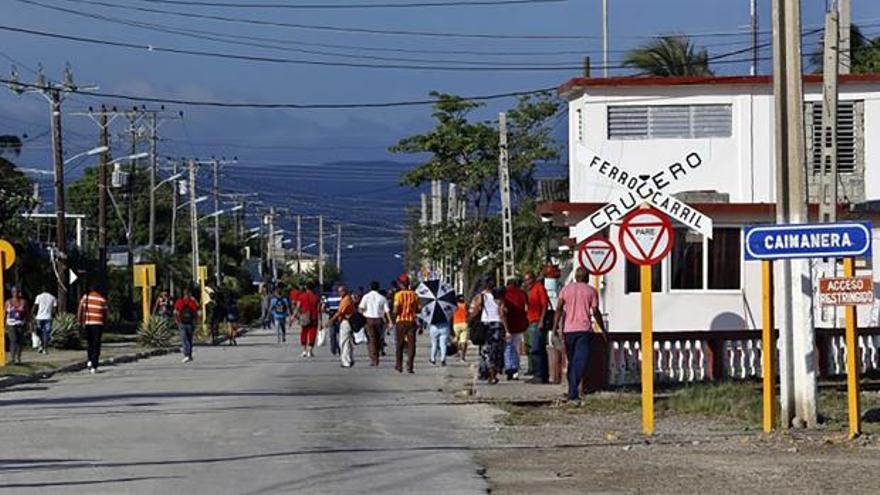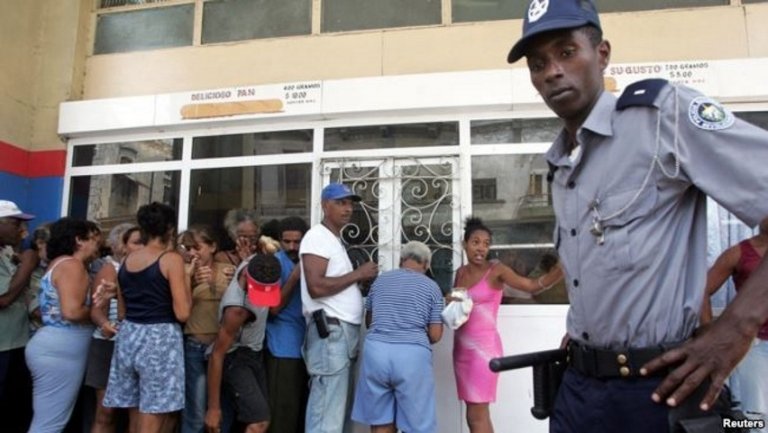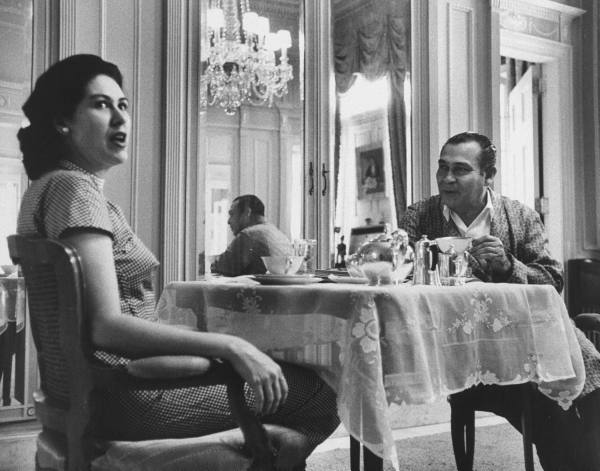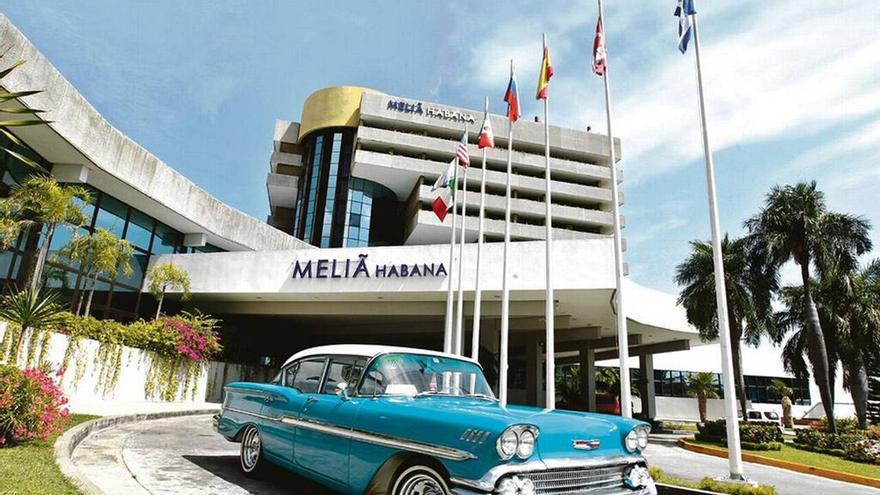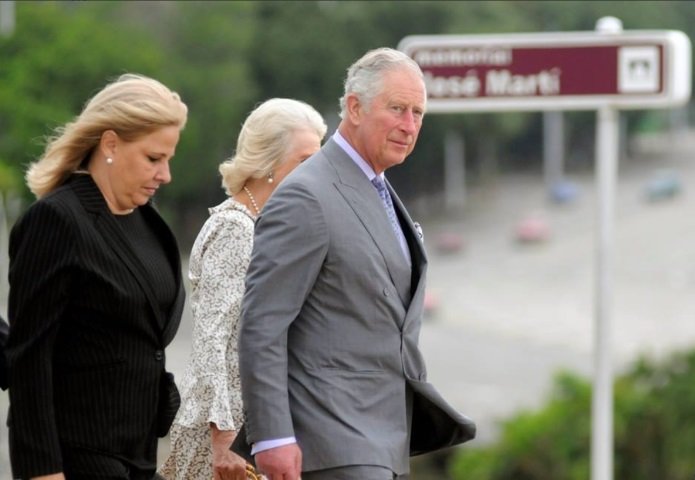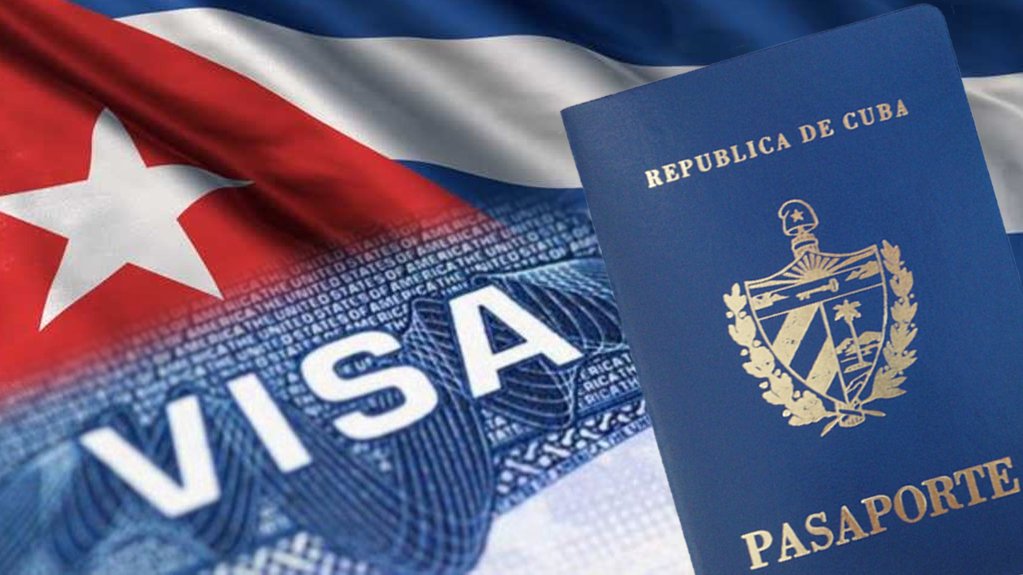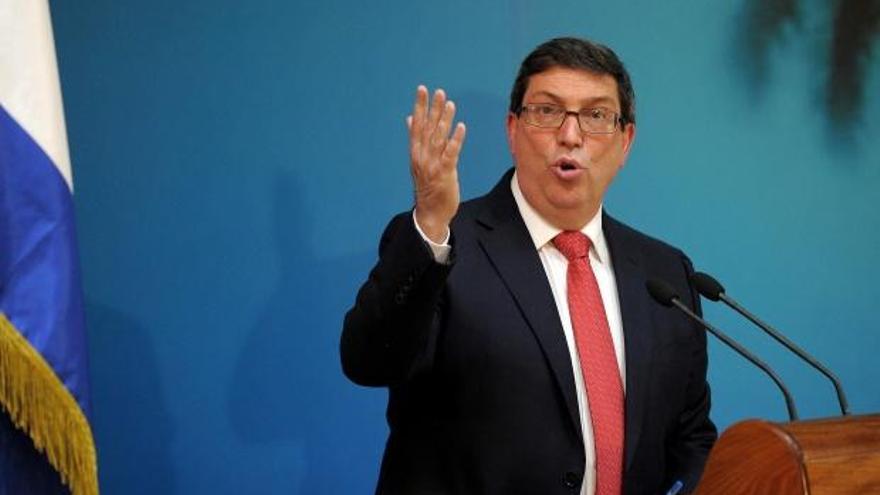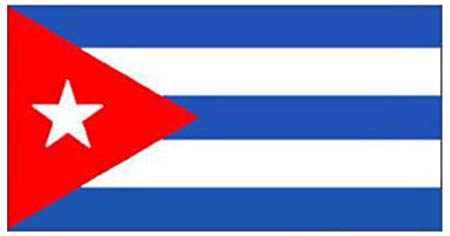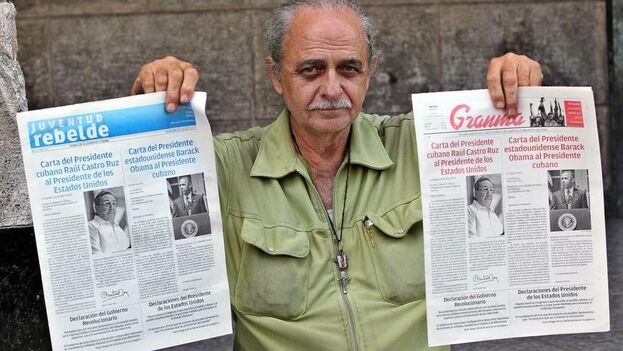
![]() 14ymedio, Miriam Celaya, Havana, 6 April 2019 — A new and unequivocal signal of the current difficult times in Cuba has just arrived with the news of the reduction of the number of pages in the printed editions of several official publications.
14ymedio, Miriam Celaya, Havana, 6 April 2019 — A new and unequivocal signal of the current difficult times in Cuba has just arrived with the news of the reduction of the number of pages in the printed editions of several official publications.
At first glance, the news could seem the least of the problems in a country whose population has, as its top priority, finding and acquiring food for the day to put on the table. Over the course of the last year, Cubans have been gradually but inexorably witnessing an increase in the lack of basic foodstuffs — such as cooking oil, wheat flour, bread, eggs, chicken, pork, among others — which, together with the increase in the cost of agricultural products and the chronic shortages in the hard-currency markets, bring the shivers of the collective memory of the unburied ghost of the decade of the 90’s.
However, the drastic contraction of the official press in the current Cuban scenario is an indicator of the greatest relevance, bearing in mind that it has always been an ideological tool that cannot be discarded and is of great importance to the political power, which has used it for the indoctrination and the numbing of the masses, as well as for the control and manipulation of information. Contrary to the infiltration of other sources and the relatively greater access to the Internet and social networks that has been taking place in recent times, a large part of Cubans on the Island still assumes the government press as a priority — or unique — source of information. continue reading
The drastic contraction of the official press in the current Cuban scenario is an indicator of the greatest relevance, considering that it has always been an undeniable ideological tool
The press has been so significant as a strategic instrument in the hands of the power that the enormous control sustained by the Castro regime over the entire society along 60 years could not be explained independently. Thus, the dramatic reduction that is currently being announced supposes a loss of strategic spaces for the regime. Therefore, it suggests a lack of growth in liquidity and a much more complicated economic outlook than the authorities are willing to recognize.
However, there is a past history of this, and it is framed precisely in the period of the crisis of the 90’s, when editions of the official press were also reduced. In that scenario, the now defunct founder of the Castro regime not only kept his political power intact, but also had the audacity to announce the economic collapse.
Even worse, he also had the audacity to draw a fabulous road map that supposedly would permit us to adjust in order to survive the crisis at different stages, through which he imagined we would journey, including a dark final phase that he termed “option zero,” in which Cubans would eat from a collective pot placed at intervals one city block apart — using wood as fuel, since there would be no oil, gas or electricity – in which would be cooked a kind of soup made with what each neighbor was able to contribute.
The Castro regime drew a road map whose end was the “option zero”, in which Cubans would feed from a collective pot, a kind of soup made with what each neighbor was able to contribute
Generations born at the end of the decade of the 80’s and beyond are unaware that in the midst of that crisis the “war of the whole people” was planned and disseminated to the most extreme stage, a war that never took place, but that vividly illustrates the levels of delirium that a dictatorship can reach in its eagerness to stay in power.
Despite the absurdity of the plan, and unlike today, in the 90s there was the perception that there was someone in charge. There was no democratic government — quite the contrary — but beyond the sympathies or antipathies of the maximum representative of the regime there was still the feeling that there was structure, a certain order of authority, although, obviously, it was an authority that was based more on its symbolic power and on its repressive capacity than on any real legitimacy.
Currently, Cuba is plunging into a crisis perhaps as deep as that of 30 years ago, but with the aggravating circumstance that today there is a great vacuum in its authority. The current president not only lacks legitimacy because he was not elected by the popular vote at the polls, but he also did not inherit the symbolic power of the so-called “historic generation,” those who fought in the Revolution that triumphed in 1959.
While many Cubans begin to perceive the signs of an economic collapse, the authorities continue to refer to the existence of “economic tensions” and, both the false agent and his team of bureaucrats — inept and handcuffed — insist on silencing the impending grim scenario that is approaching, and even fewer have presented a master plan to deal with it.
It is not possible to ignore that today’s Cubans are not exactly an ungovernable people, but rather largely “ungoverned.” The power class is aware of this.
But the differences between the two crises do not end there. It is not possible to ignore that today’s Cubans aren’t exactly an ungovernable people, but that they are rather largely “ungoverned.” The power class is aware of this, which perhaps explains the recent arrival in Cuba of an unusual and “generous” donation from Russia: a load of trucks, not to transport food from the countryside to the markets or to alleviate the eternal crisis of public transportation, but for no other reason than for the transfer of prisoners. There could be no more suspicious gift amid such a complex internal and external panorama.
So we can already guess that, although the current representatives of the spoils of the Castro regime do not have a contingency plan in the face of the impending crisis, they do seem to be deeply concerned about the social response Cubans may have as shortages increase and living conditions deteriorate.
Because we shouldn’t forget another great difference between the scenarios of the decade of the 90’s and the current one. This time around, the power claque could end up suffering the greatest losses.
Translated by Norma Whiting
______________________________
The 14ymedio team is committed to serious journalism that reflects the reality of deep Cuba. Thank you for joining us on this long road. We invite you to continue supporting us, but this time by becoming a member of 14ymedio. Together we can continue to transform journalism in Cuba.

